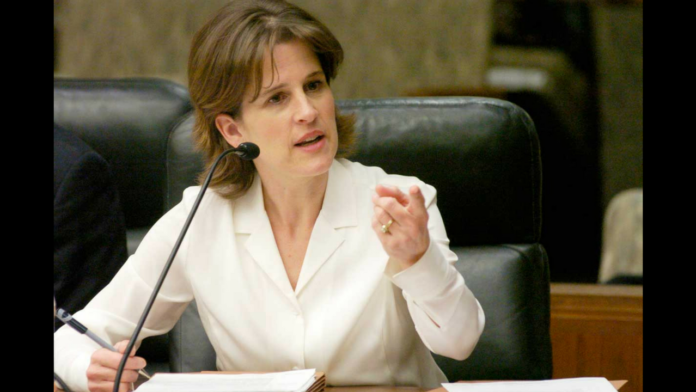ST. PAUL, Minn.- The Minnesota Supreme Court has agreed to take up the case of state auditor Rebecca Otto, who is arguing that a new law usurps her office’s power and violates the Minnesota constitution.
The 2015 law requires that counties perform a yearly audit instead of audits within a three year cycle. In order to meet this burden, the law holds that counties are allowed to use a private auditor rather than an auditor from the State Auditor’s office.
In her appeal, Otto’s office explains how the county audit changes the current form of county audits. While the appeal does lay out that there are many counties within Minnesota that do not have their audits performed by a state auditor, the State Auditor’s office in these instances has approved the counties to use a private auditor. Otto’s appeal states that the Single Subject Clause within the Minnesota constitution, which holds that the legislature can’t put a group of policies unrelated to each other within the same bill.
However, the lower court decision shows that while Single Subject Clause has been implemented as a way to block a law, these are at best rare occurrences. The majority decision within the appeals court found that the law did not violate the Minnesota constitution. However, the Chief Judge Edward Cleary, dissented from this opinion. Cleary argues that the law undermines the ability of the state office to receive funding, as it privatizes its primary function. Cleary backs his argument up with reference to a court case, Mattson v. Kiedrowski, which states “the prescribed-by-law provision does not allow a state legislature to transfer inherent or core functions of executive officers to appointed officials.”
Both the majority and Cleary agreed however a core function of the state auditor’s office was to perform county audits.
Outside of the merits of the case, some are pointing out the great expense of the lawsuit. As reported by the Star Tribune, Sarah Anderson (R- Plymouth), called the legal battle “a waste of taxpayer’s money.”
Otto’s office has spent close to $252,000 challenging the law already.


















